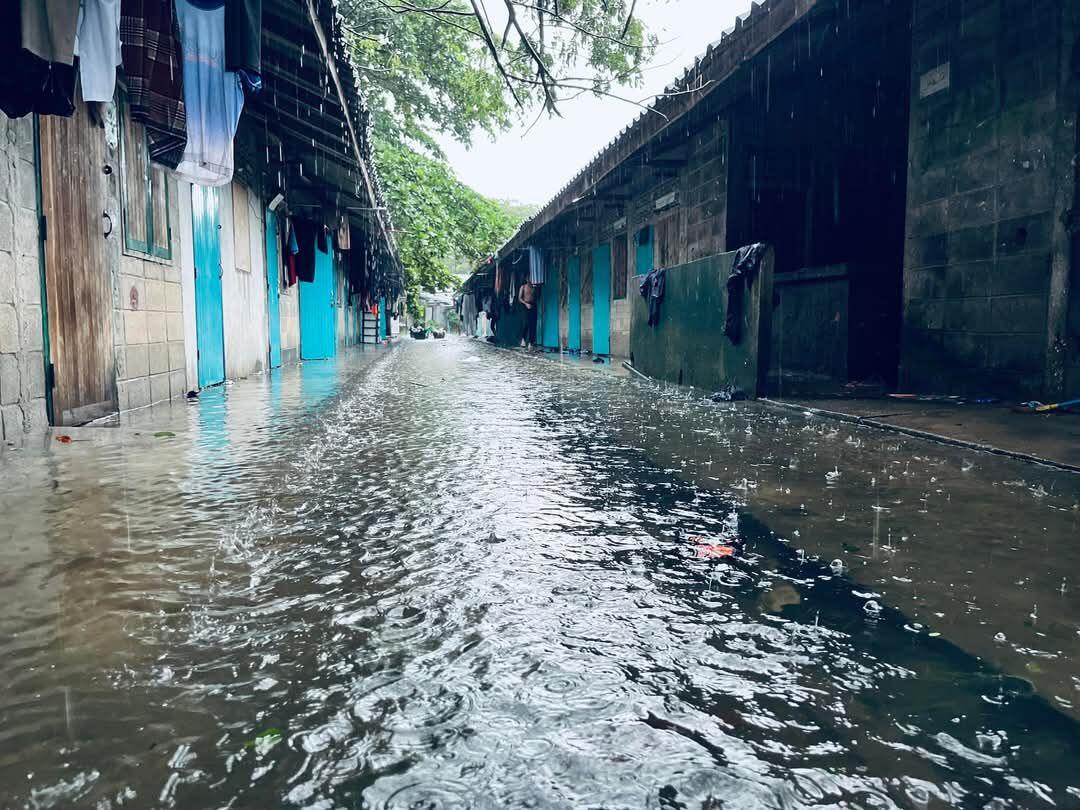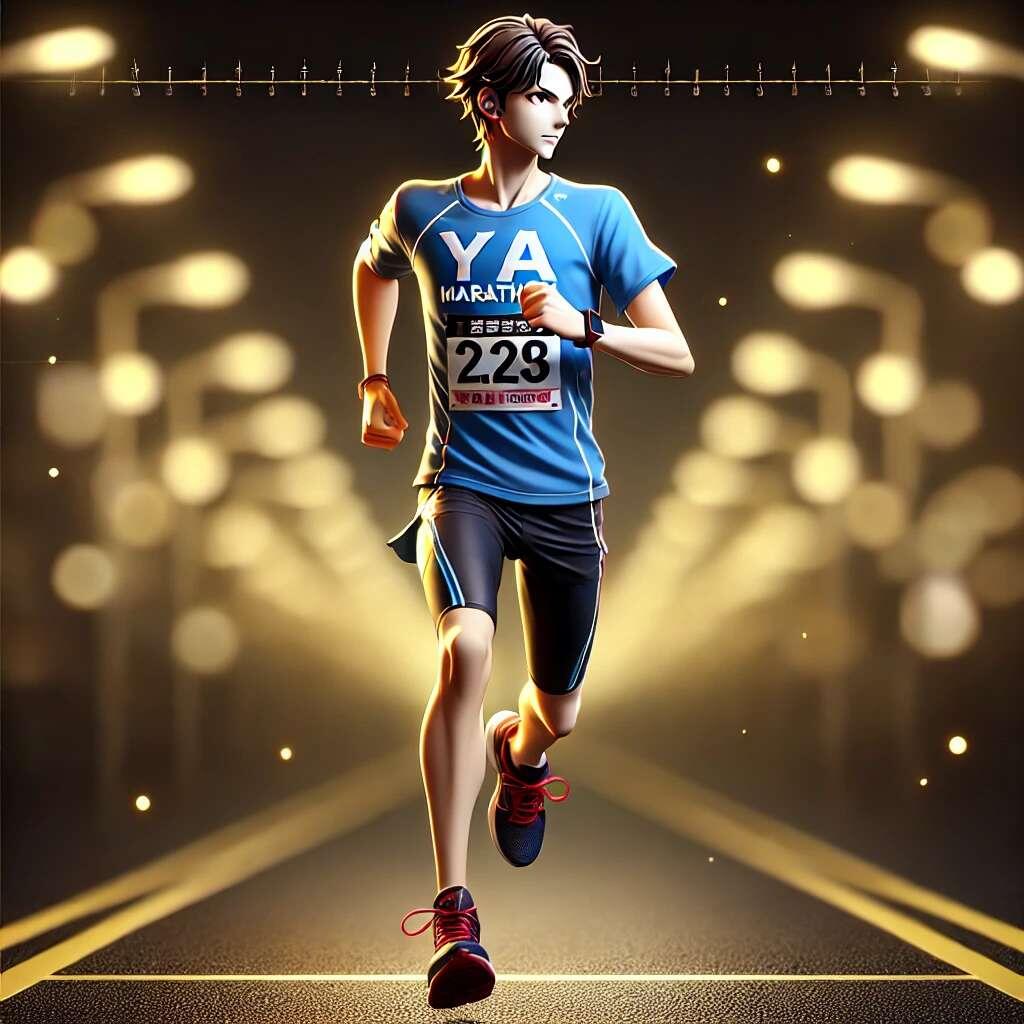Dzulkiflee on Nostr: Under the soft glow of the streetlights, I ran, my determined stride cutting through ...
Under the soft glow of the streetlights, I ran, my determined stride cutting through the cold, damp air of the early hours. This was not just a race; it was my sanctuary, a brief escape from the chaos that engulfed my life. For days now, my home—a modest house in a quiet town—had been  swallowed by floodwaters that showed no mercy.
swallowed by floodwaters that showed no mercy.
The torrential rains came unannounced, turning streets into rivers and lives into struggles. My children clung to me as they evacuated in a small, overcrowded boat, their frightened eyes searching my face for reassurance I could barely give. The youngest, not even two years old, cried for her favorite toy, lost beneath the murky waters. My wife stayed strong, but I saw the cracks in her resolve, the silent prayers she whispered when she thought no one was listening.
Everything they had worked for was now underwater—family photographs, clothes, even the books my eldest cherished. The flood took not just possessions but memories, the kind that no insurance could replace. Nights were spent in a crowded shelter, surrounded by others whose lives had been similarly uprooted. The hum of despair filled the air, mingling with the constant patter of rain that refused to relent.
And so, I ran. Not to win, but to feel something other than helplessness. Every step was a silent plea for strength, a way to tell myself I could keep going—for my wife, for my children, for the life they would rebuild from the ruins. The racecourse was dry, a stark contrast to the submerged streets of my neighborhood. It felt almost cruel, but I ran anyway, my heart heavy with the weight of all I had lost and all I still hoped to save.
When I crossed the finish line, there were no cheers, no medals, just the faint hope that somewhere in the crowd, someone would understand the story I could not bring myself to tell.
 swallowed by floodwaters that showed no mercy.
swallowed by floodwaters that showed no mercy.The torrential rains came unannounced, turning streets into rivers and lives into struggles. My children clung to me as they evacuated in a small, overcrowded boat, their frightened eyes searching my face for reassurance I could barely give. The youngest, not even two years old, cried for her favorite toy, lost beneath the murky waters. My wife stayed strong, but I saw the cracks in her resolve, the silent prayers she whispered when she thought no one was listening.
Everything they had worked for was now underwater—family photographs, clothes, even the books my eldest cherished. The flood took not just possessions but memories, the kind that no insurance could replace. Nights were spent in a crowded shelter, surrounded by others whose lives had been similarly uprooted. The hum of despair filled the air, mingling with the constant patter of rain that refused to relent.
And so, I ran. Not to win, but to feel something other than helplessness. Every step was a silent plea for strength, a way to tell myself I could keep going—for my wife, for my children, for the life they would rebuild from the ruins. The racecourse was dry, a stark contrast to the submerged streets of my neighborhood. It felt almost cruel, but I ran anyway, my heart heavy with the weight of all I had lost and all I still hoped to save.
When I crossed the finish line, there were no cheers, no medals, just the faint hope that somewhere in the crowd, someone would understand the story I could not bring myself to tell.
